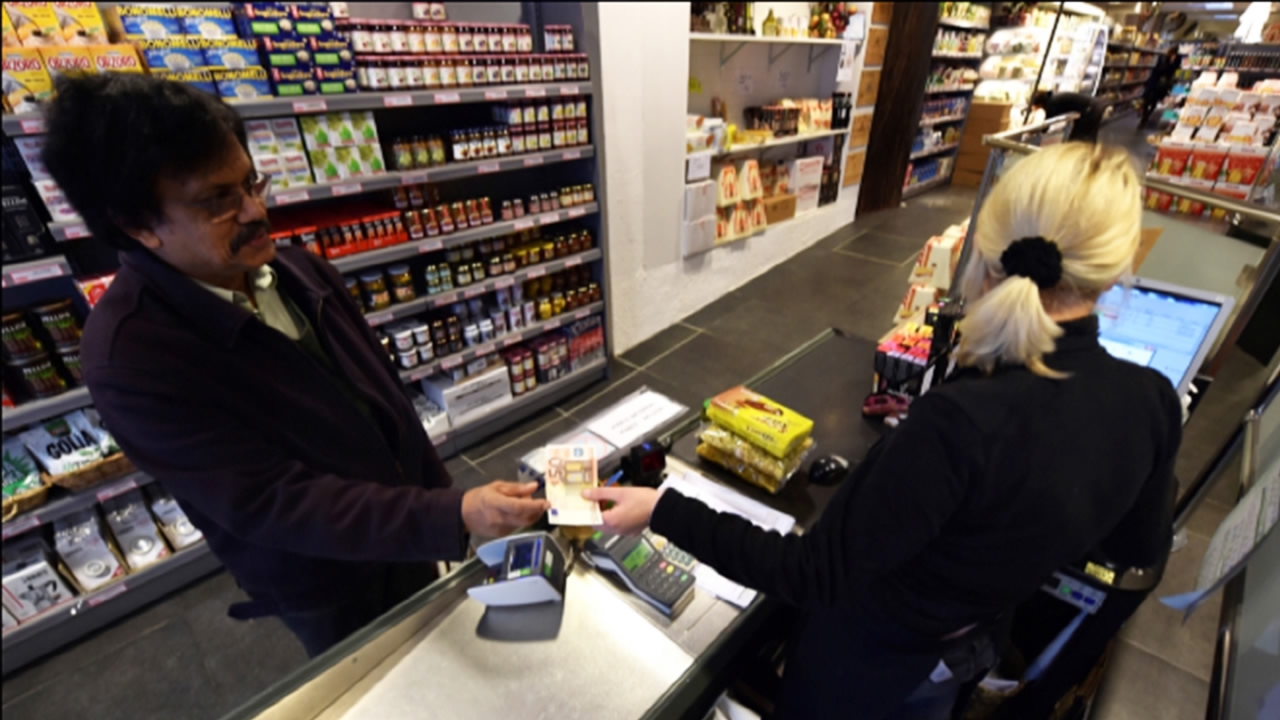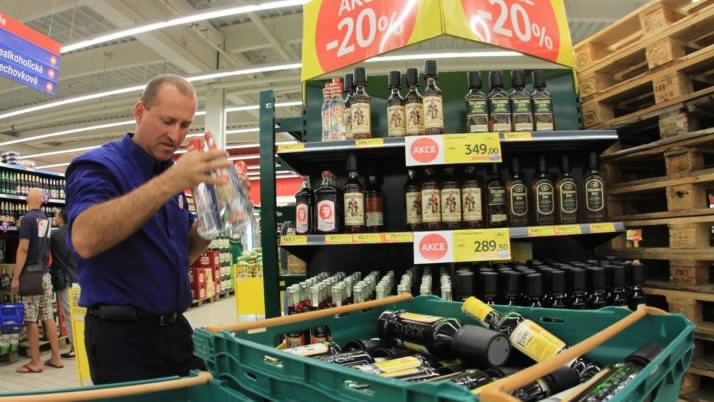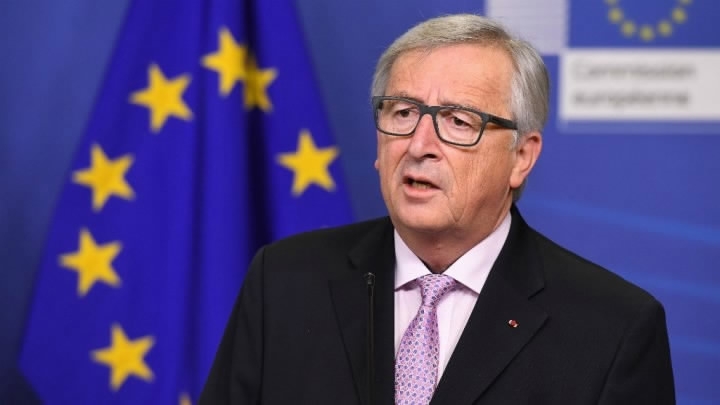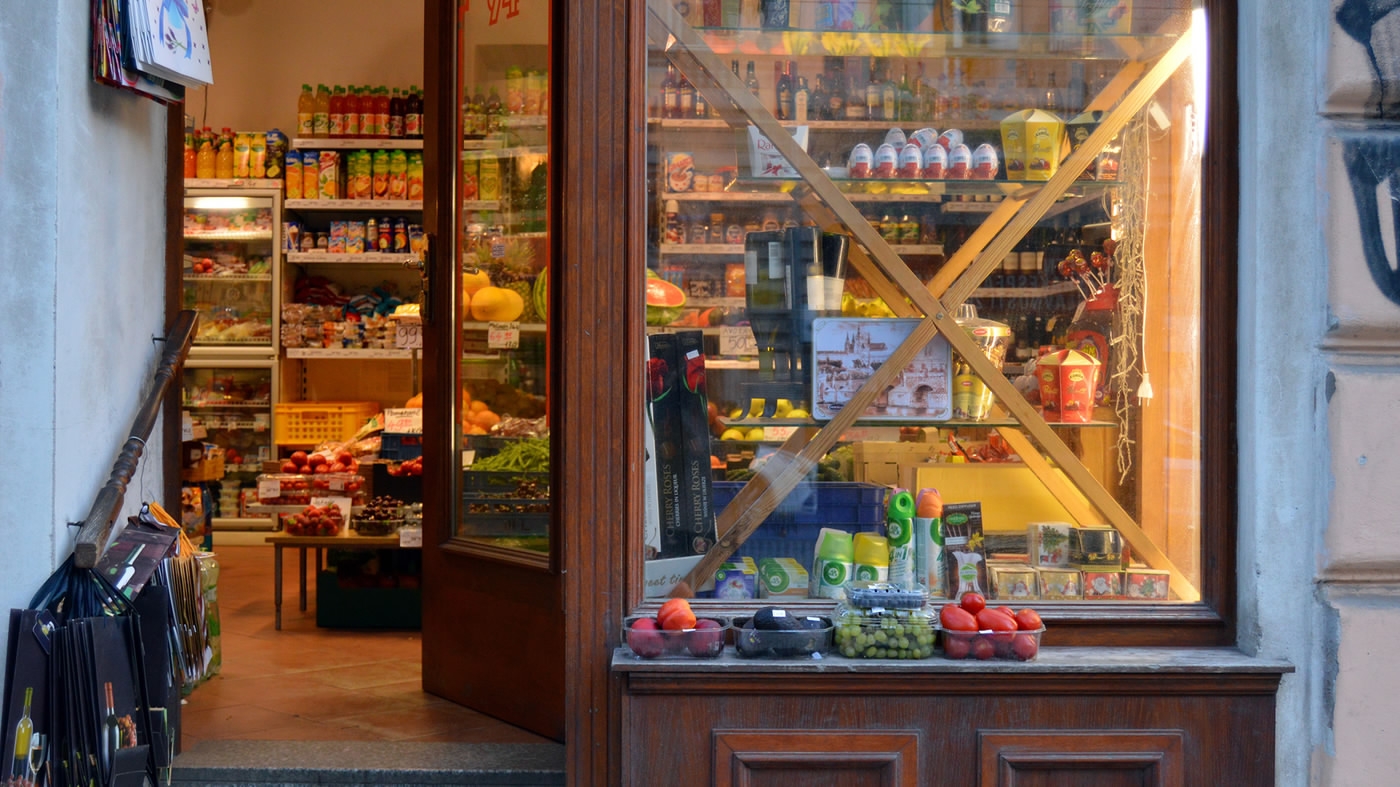
Business
11:02, 13-Nov-2017
Eastern EU members lash out at double standards in food practices
CGTN's Xi Jia

The contents of products with identical packaging and labeling could be vastly different in terms of standards and quality in stores just a few kilometers apart on two sides of a border.
Christa, the owner of a midsize supermarket in an Austrian city that borders Hungary, says that Hungarian shoppers make the journey every week to stash up on cheaper, high-quality goods like meat, milk, fish and detergents sold in stores in the neighboring country.
In July, Romania urged the European Union to address "double standards" that multinational food giants apply, following open criticism last year from Hungary, Poland, the Czech Republic and others against unethical food practices.
The countries complained that companies were discriminating against and taking advantage of often less savvy consumers in these markets, distributing foods of poorer quality.

/Reuters Photo.
/Reuters Photo.
Hungary’s agriculture minister Dr. Sandor Fazekas says that in a recent round of inspections, 70 out of 100 food products sold in Hungary were found to be different than those on sale in neighboring Western countries.
These foodstuffs are thought to be inferior because they have a lower content of primary ingredients or contain cheaper substitutes, sometimes with more additives such as sweeteners.
“Under the same brand name, some producers and merchants were apportioning goods with lower quality ingredients,” Fazekas said.
“This amounts to cheating the consumers here. That’s why we took steps in different forums.”
During a meeting in September, EU Commission President Jean-Claude Juncker declared that there should be no "second class consumers" in the EU.

EU Commission President Jean-Claude Juncker /Reuters Photo.
EU Commission President Jean-Claude Juncker /Reuters Photo.
On December 13, a summit on food quality was held in Bratislava, Slovakia.
Heads of state from the Czech Republic, Hungary, Poland and Slovakia urged the European Commission to fight double standards in the quality of food.
The EU’s executive has promised to look into how existing rules are upheld.
“This problem doesn’t concern only content of meat or sugar in concrete products but it concerns something much bigger – the trust of EU citizens in the common European market,” said Věra Jourová, European Commissioner for Justice, Consumers and Gender Equality.
The EU is taking the matter seriously. It has allotted 1 million euros to member states to collect evidence and take action.
It has also started a dialogue with producers and brand associations who have committed to developing a code of conduct for this year.
“Some of the companies say they adopt different recipes because of different consumer habits but if you look close enough, the versions found in eastern Europe will almost always be cheaper. We want to eliminate this kind of practice and I am glad the EU Commission agrees with us,” said Dr. Fazekas.

Reuters Photo.
Reuters Photo.
Without admitting to this double standard practice, some multinational companies have already started adjusting their products.
Fazekas says he hopes the EU will have legislation set by next year. If the action taken by the EU is not enough, countries could take their own legal action. But the impact would not be as strong as one from Brussels.

SITEMAP
Copyright © 2018 CGTN. Beijing ICP prepared NO.16065310-3
Copyright © 2018 CGTN. Beijing ICP prepared NO.16065310-3